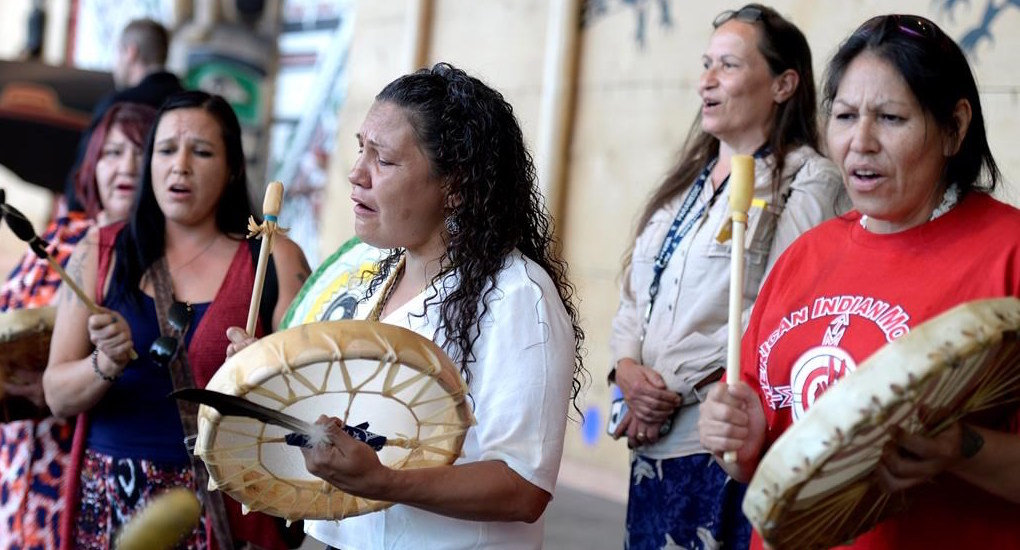Support strong Canadian climate journalism for 2025
Denise Maloney Pictou says the families of missing and murdered Indigenous women and girls are nervous but hopeful the long−awaited inquiry, slated to get underway next month, will finally hear their voices.
"This is a historic day for our families at this level to be acknowledged," Pictou told a news conference Wednesday at the Museum of History in Gatineau, Que., where the federal government revealed the terms of reference and commissioners for the inquiry.
"All our families want is the acknowledgment that our family members mattered — that they had value, because they certainly had value in our families’ lives."
Her family has experienced one of the longest journeys to justice.
She is the daughter of Annie Mae Pictou Aquash, an American indigenous rights activist whose body was found near the Pine Ridge Indian reservation in South Dakota in 1976.
The FBI has implied, through a series of U.S. court cases, that she was executed by members of the American Indian Movement because its leaders believed she was an informant.
Arlo Looking Cloud is serving a life sentence after he was convicted of her murder in 2004.
"Her case sat unsolved for 28 years," said Pictou.
Her mother is now buried in a small Mi’kmaq community about 70 kilometres west of Halifax.
Pictou said the families of missing and murdered indigenous women and girls have not just faced challenges from the police and governments.
She said they have also had to deal with the attitudes of their own indigenous leaders.
She was referring specifically to when Perry Bellegarde, the national chief of the Assembly of First Nations, called on Prime Minister Justin Trudeau to pardon Leonard Peltier, who is viewed in the U.S. as a hero of the American Indian Movement, serving a life sentence for fatally shooting two FBI agents in South Dakota in 1975.
Peltier has always maintained his innocence.
Pictou has said the remarks were insensitive because of the ties Peltier has to those who killed her mother.
Bellegarde has previously apologized for the pain his remarks caused her family, but noted his organization has long been calling for Peltier to be released.
Pictou said that despite some apprehension over what the terms of reference mean, most families are grateful to have it.
"We’re all very nervous. We’re hopeful. We have faith," Pictou said.



Comments